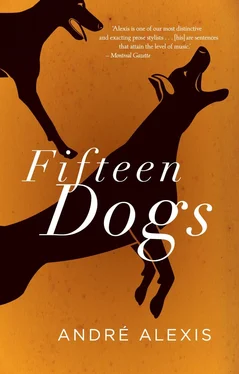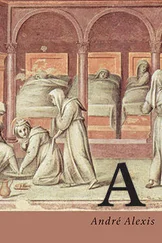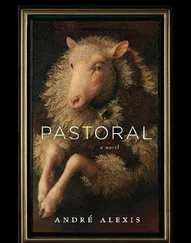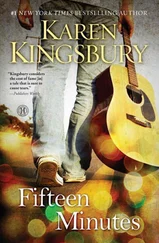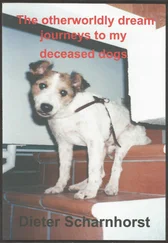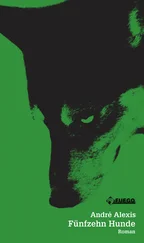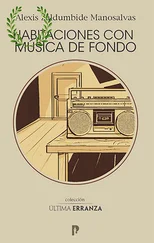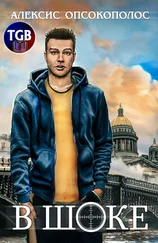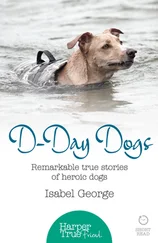Though these thoughts brought him a real regret, Prince did not despair. He thought of what he had endured to reach the home he now had and he drew inspiration from what had been, in effect, a victory over blindness. It seemed to him that, frail though he was, it might not be too late, that he was perhaps fated to pass his work on to these people. That is why, in an heroic effort to preserve his language, Prince began to speak his poems to the woman. Whenever he could feel her presence or hear her voice, he would begin reciting.
— Grrr-ee arrr err oh uh ai
Gr-ee yurr ih aw yen grih yoo ayairrr …
No surprise: the woman took the sounds Prince made for the grumblings of an old and frail dog. She would pet him or hug him or scratch him behind the ears whenever he spoke. Prince found this distracting, but he persisted, reciting the same poem over and over, waiting for her to recite it back to him.
The more Prince did this, the more the woman tried to comfort him, because it did sound as if he were complaining about something. For one thing, like most poets, Prince’s way of reciting his work was eccentric. He would sit up, trying to face the woman. Then, staying as still as he could, he would recite the first line, pause, then recite the second line, and so on. This in itself was strange for the woman. It would have been strange for any human who was not a poet.
— Are you okay, Elvis?
she’d ask, but as Prince had no idea what she was saying, he would simply carry on. He carried on until, eventually, it occurred to the woman that he was neither grumbling nor choking, but that he was doing something. In fact, after a week, she thought she recognized a pattern to his growls.
— Elvis isn’t growling, she said to one of her sons. He’s singing or something.
Her son, however, would have none of it.
— Mom, he’s old and his mind’s going, that’s all.
— I suppose you’re right, she said.
But she was not convinced and, one day, as a kind of lark, she repeated Prince’s grumblings back at him. Prince immediately stopped and barked happily. He repeated the passage she had repeated to him. And again, the woman spoke (poorly and with a strange accent, but still …) a few lines of his verse.
— Grrr-ee arrr err oh uh ai
Gr-ee yurr ih aw yen grih yoo ayairrr …
Here was a real breakthrough. Prince was profoundly grateful. It seemed to him that a great boundary had been crossed. But Apollo, ever implacable, was not finished with him. The woman’s version of his verse was the last thing Prince heard on earth. He then became stone deaf. He could not even hear himself, feeling only the vibrations his body produced when he tried to make a sound. This was a devastation. The world and all his versions of the world were taken away from him at once.
Prince was not one to lose hope, but now hope abandoned him. He was alone in endless grey silence, his sense of smell and balance the only acute senses left to him. Now and then, he would be picked up by one of the men and put somewhere. This was the most disconcerting thing of all. Without warning, he would be at someone’s mercy, in someone’s arms. It helped that he could recognize the men by their smell, but it did not help much. Tired, old, deaf and blind, Prince knew his time had come and he tried to meet his fate with as much dignity as he could muster.
He stopped eating and drank little. He retreated into the depths of himself and waited for a death that did not take long. One morning, he was picked up by the woman. He could feel her emotion. They were going somewhere, but Prince was too weak to mind. Outside, he felt the air on his muzzle. The lake came to him, its presence like a long-forgotten dream. It was a consolation. Then they were travelling in a car, a sensation that reminded him of Kim, and that too was consoling. And Prince allowed himself to be consoled, his mood little influenced by the smells of the veterinary clinic, though he knew this — the smell of soap, chemicals, other animals — was almost certainly the end.
One would have said, just before Prince died, that Apollo had won his bet, that none of the dogs had died happy, that they had died as miserably or more so than humans did. Lying quietly on a metal table, too tired to object, Prince was despondent about the loss of his language. But then, as those around him went about the business of killing, one of his last poems returned to him. He heard it in his mind as if someone were reciting it, almost as if it were not his at all. At that exact moment it struck him again how beautiful his language was. Certainly, if he was the last of his pack, it was sad that no creature alive knew it. But how wonderful that he — unexceptional though he had been — had been allowed to know it as deeply as he had. He had not explored all of its depths, but he had seen them. And so it occurred to Prince that he had been given a great gift. More: it was a gift that could not be destroyed. Somewhere, within some other being, his beautiful language existed as a possibility, perhaps as a seed. It would flower again. He was certain of it and the certainty was wonderful.
And so, against all expectations, Prince’s spirits soared.
In a word, he was happy as death came for him at last.
As Prince lay dying, Apollo and Hermes were once again at the Wheat Sheaf Tavern.
Speaking of the dog, Apollo said
— All right. I concede. The creature dies happy. It’s all been very instructive.
— No, no, said Hermes. Two years of servitude, that will be instructive.
— You do remember that you owed me ten, don’t you? This just brings it down a little.
— My luck’s changed, said Hermes. I can feel it.
— You’re right about it being luck, said Apollo.
And he protested, theatrically, that the wager had been unfair. His protests were not serious, however. Yes, it annoyed him that he had been cruel to one of his own, that a poet should be the reason for this loss to his brother, but, really, it was a matter of pure chance who died happy and who did not. Which is why, of course, he and Hermes had bet on the outcome in the first place.
The bartender, a devout young woman, approached, her head bowed, unable to look at the gods directly.
— Is there anything I can get for you? she asked. Anything at all? I would be honoured.
— I like this Labatt’s, said Apollo. Give me another.
— You like it? said Hermes. It’s a waste of perfectly good water.
— Philistine! said Apollo.
The brothers laughed. The bartender went off to get a Blue.
— It would have been different if we’d given cats this so-called intelligence, said Apollo.
— It would have been exactly the same, said Hermes. What we should have done was give a human the intelligence and capacities of a dog.
— I’m tired of this business, answered Apollo. Let’s talk about something else.
For a moment, they talked about Olympian matters, but then Apollo said
— I wonder what would happen if we gave one of these creatures our language?
— Our language? said Hermes. No mortal could learn so many shades of silence.
— I didn’t say teach, said Apollo. I said give .
— You’ve been down here too long, answered Hermes. Let’s go home. Hephaestus owes me some of his winnings.
— You go, said Apollo. I’ll stay a little longer.
+
The sky was a light red as Hermes left the Wheat Sheaf. A car stopped, blasting music so loud that its chassis shivered as it idled at the corner of King and Bathurst, waiting for the lights to change. Inside, the driver was immobile, save for the index finger of his right hand, which tapped the steering wheel in time to the beat.
What was there to say about these creatures, really? He knew almost infinitely more than did the man at the wheel. He knew more about him than the man knew about himself. He knew more about every human, insect and animal the man would ever come in contact with. Beyond knowledge, he also possessed power no mortal could fathom. Had he wished, he could have crushed the car, or the city block on which it stood. Had he wished, he could have broken one of the man’s fingers or torn a single hair from one of his eyebrows. He could have granted the man everything he wanted or taken everything from him. For all the creature’s ‘humanity’ or ‘dignity’ or whatever it was they congratulated themselves on possessing, the man in the car was an almost insignificant aspect of the god’s being.
Читать дальше
